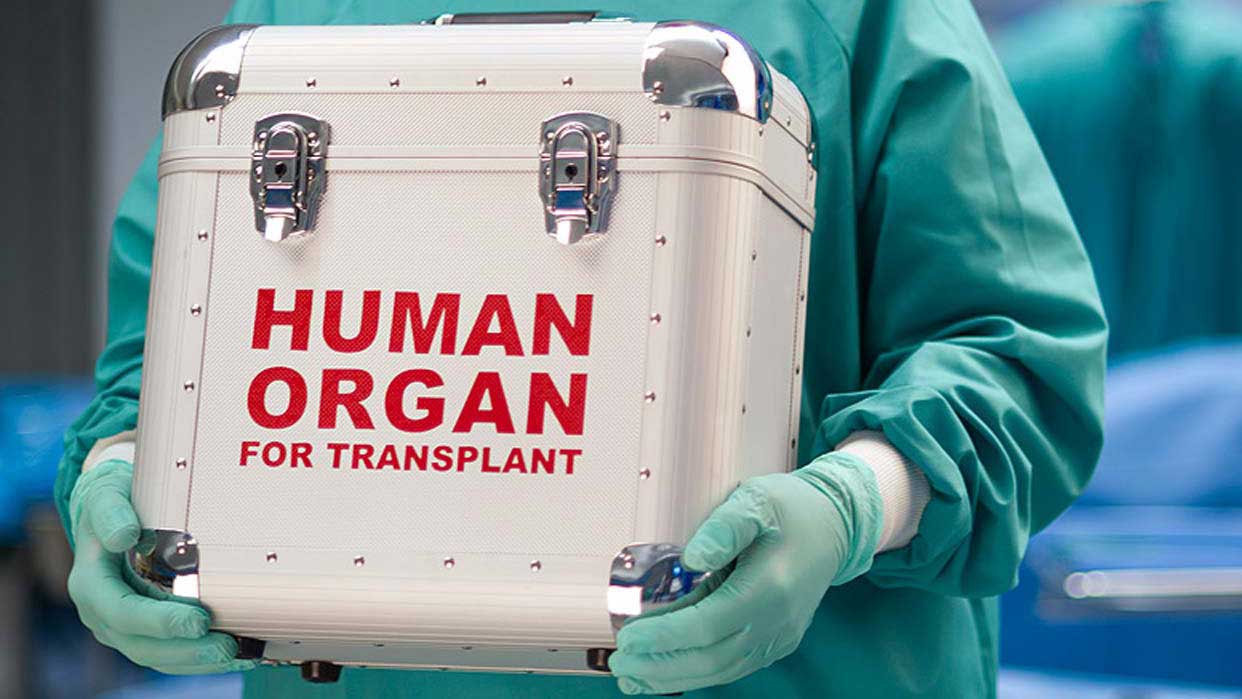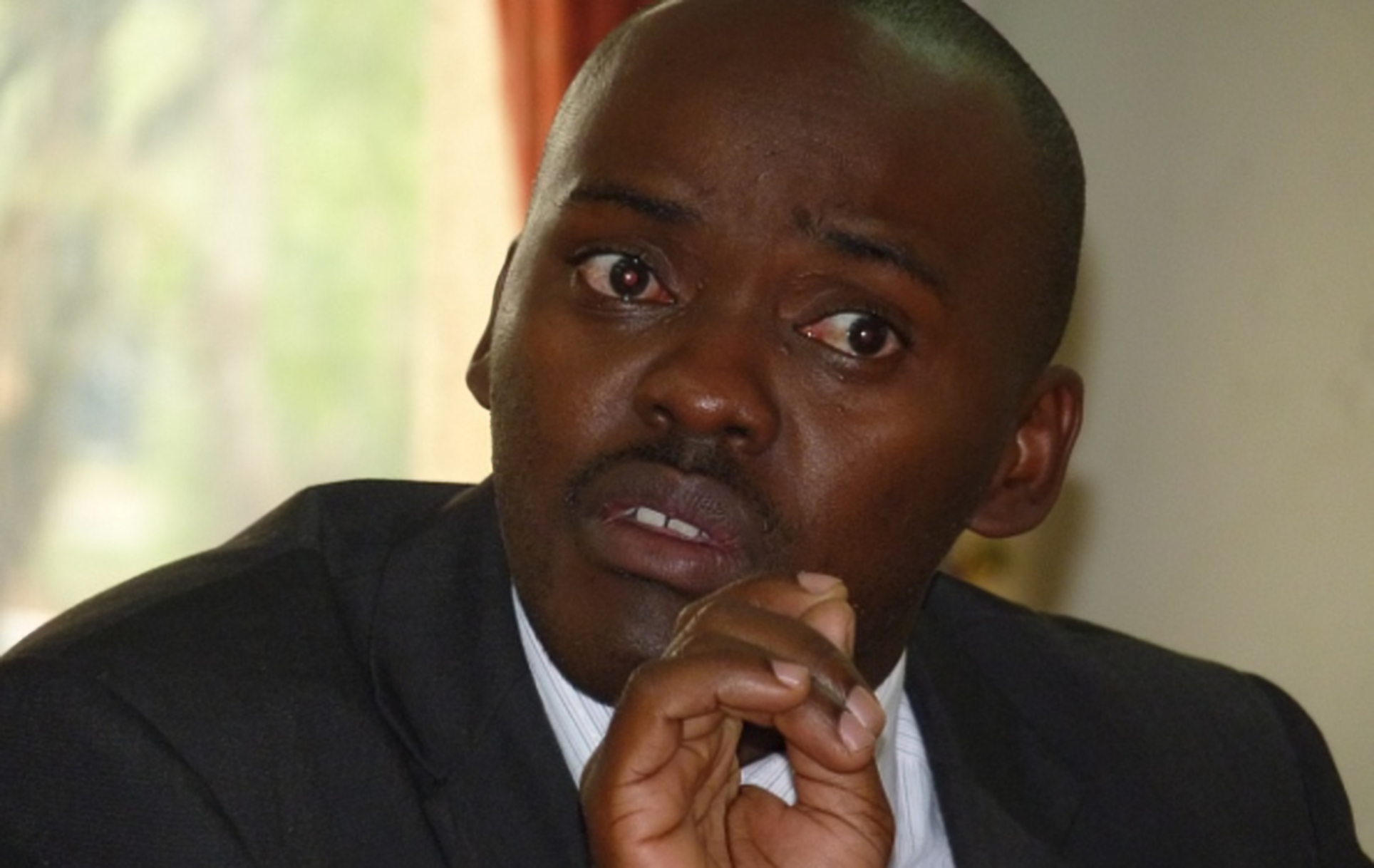Kerry Howard Mwesigwa.
Uganda has recently passed a crucial law to safeguard its citizens from the rampant illegal organ trade and trafficking. The Uganda Human Organ Donation and Transplant Act 2023, already signed by President Yoweri Museveni and hailed as a significant step forward, aims to put an end to the stealing of human organs and tissues. This development comes as a response to distressing reports of women being deceived into unnecessary surgeries, only to have their organs sold in global trafficking networks.
Under the Uganda Human Organ Donation and Transplant Act 2023, the country now has its first comprehensive legal framework to regulate the donation and transplantation of human organs and tissues. The law strictly prohibits any commercial transactions involving human organs and tissues. The law aims to eradicate the illicit trade that has flourished in the absence of stringent regulations, with dire consequences for vulnerable individuals. Perpetrators of organ theft and trafficking now face severe penalties, including life imprisonment and hefty fines.
The absence of legislation in the past has allowed organ trafficking to flourish, resulting in substantial profits for criminal networks. A report by the United Nations Office on Drugs and Crime (UNODC) reveals that the illicit organ transplant trade generated an estimated $600 million in 2015. Exploiting individuals from developing countries seeking better opportunities abroad, these networks have taken advantage of the lack of regulations.
Prior to the enactment of this legislation, Uganda faced challenges in meeting the high demand for organ transplants. Many citizens were forced to seek medical care abroad, in countries such as India, the United Kingdom, and Kenya, where organ donation and transplantation were available solutions. This resulted in substantial financial burdens for Ugandans seeking these life-saving procedures.
The new law not only puts a stop to the illicit trade but also paves the way for organ transplantation to take place within Uganda itself. With the establishment of the Uganda Organ and Transplant Council, responsible for regulating and overseeing donation and transplantation activities, the country is looking to get well equipped to offer these services domestically. The Mulago National Referral Hospital has been designated as the pioneering transplant centre.
Additionally, the law emphasizes the importance of obtaining proper consent for organ donation and transplantation, respecting the dignity and identity of individuals. It recognizes the cultural, spiritual, and personal beliefs of both donors and their close relations, ensuring that the process is conducted ethically and considerately.
By criminalizing organ trafficking and providing a legal framework for organ donation and transplantation, Uganda aims to protect its citizens and promote the well-being of those in need of life-saving procedures. The Uganda Human Organ Donation and Transplant Act marks a significant step toward ensuring equitable access to healthcare services and addressing the growing challenge of non-communicable diseases in the country.
Uganda’s enactment of the Human Organ Donation and Transplant Act reflects its commitment to combat organ trafficking and protect the rights and dignity of its citizens. This comprehensive legislation provides a much-needed legal framework to regulate organ donation and transplantation, offering hope to many patients that have grappled with terminal illnesses for long.















